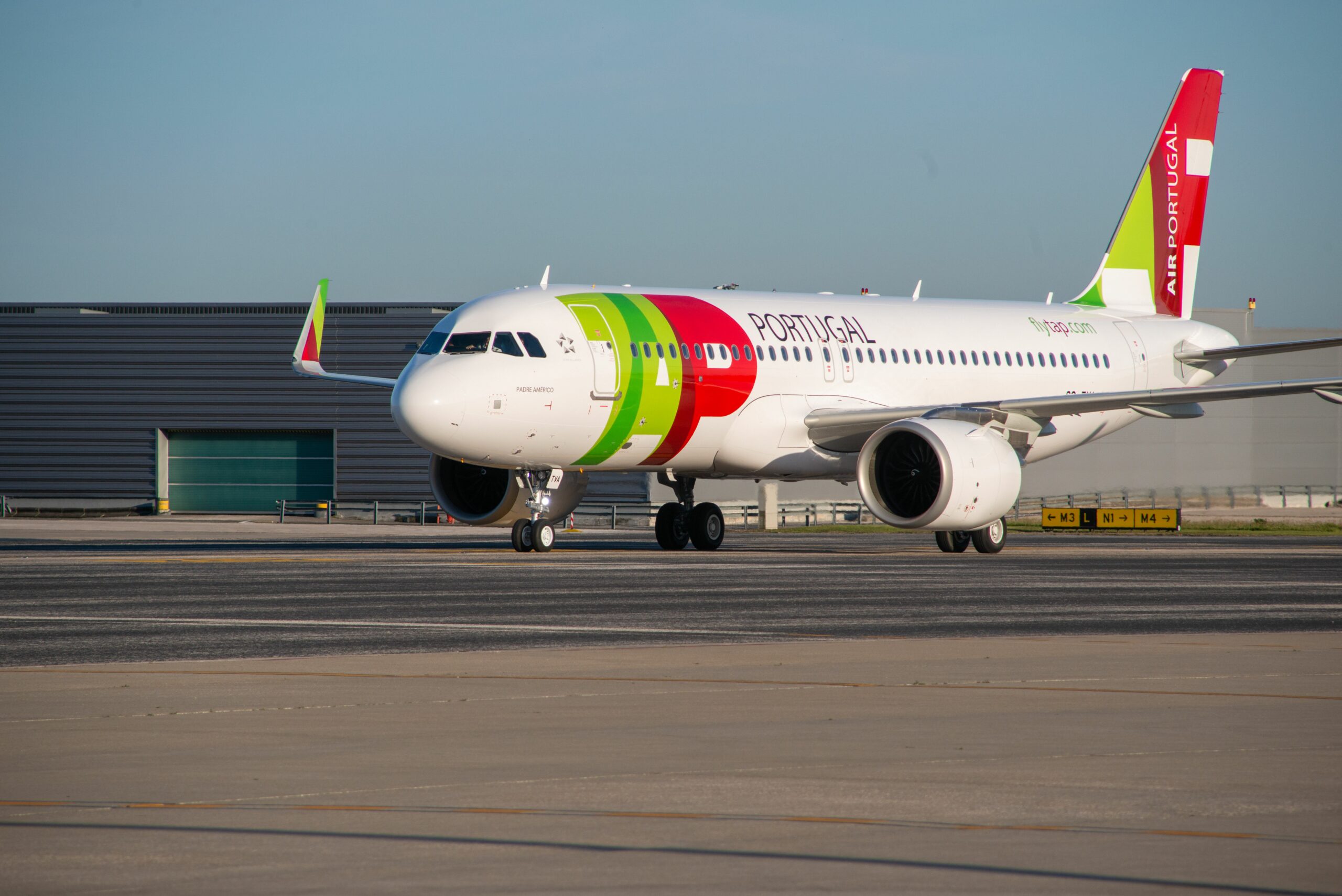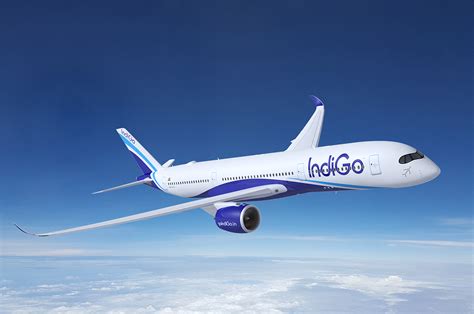
A320neo scaled
On the back of a strong second quarter, TAP Portugal reported improved results and reduced losses for the quarter and first six months. But the airline is still in restructuring and needs state support, although it is considering refinancing its debts, it said on August 23. TAP Portugal improves but net income still negative.
TAP carried 3.7 million passengers in Q2, up from 918K in the same quarter of 2021. With 5.8 million passengers in HY1 (1.3 million last year), it demonstrates how important the quarter has been. Revenue passenger kilometers (RPK) were up to 9.6 million from 2.2 million, the load factor improved to 80.4 percent from 48.3 percent in Q2. Capacity was between 79 and 92 percent of 2019 levels, revenues returned to 99 percent of 2019.
The effect is evident in the financials, with TAP reducing its net loss for Q2 to €-80.4 million from €-128.1 million. The operating result/EBIT was a positive €66.4 million, up from €-149.6 million. Recurring EBITDA, which includes the operating result, restructuring costs, and non-recurring items, was €156.8 million, an improvement from €-54.9 million.
Total revenues improved to €830.6 million from €233.2 million, reflecting higher fares and higher capacity. Of the revenues, €740 million came from passengers and €67.4 million from cargo and mail. Freight continued to be important for TAP and was €0.4 million higher than in Q2 last year, with yields up three percent over 2021. Passenger revenues per ASK were up 80.7 percent to €0.0616.
Operating costs increased to €764.1 million from €382.8 million as the airline was flying more, but fuel expenses unsurprisingly jumped over 200 percent to €277 million. This was partly offset by a €54.5 million hedge benefit. TAP hedged 51 percent of fuel in Q2 and expects to hedge an average of 46 percent for the full year.
For HY1, TAP’s results are a net loss of €-202.1 million (2021: €-493.1 million), operating profit/EBIT of €4.4 million (€-377.4 million), recurring EBITDA of €230.5 million (€-164.7 million), total revenues €1.3 billion (€383 million). The carrier was cash flow positive in the first six months but expects some cash burn in Q3.
In a media statement, CEO Christine Ourmieres-Widener is happy with the very healthy demand and higher revenues per passenger, operating results that were above pre-pandemic levels. This is despite headwinds like high fuel costs, inflation, exchange rates, and industry disruptions at European airports. TAP’s own Lisbon hub is also affected by capacity constraints, forcing the carrier to pre-emptively cancel 156 flights in August to minimize disruptions.
In its outlook, TAP Portugal is seeing strong bookings for Q3 and Q4. At 82 percent, forward booking load factors for Q3 are four percentage points higher compared to 2019 and almost on par for Q4, this despite operating at a lower capacity level. ASKs are expected to increase to 89 percent in Q3 and 93 percent in Q4. Casting a shadow are the uncertain geopolitical situation and the fuel costs and inflation that come with that, while operational disruptions are expected to intensify. TAP has formed a multidisciplinary task force to address the situation and anticipate potential problems. This includes wet-leasing extra aircraft capacity to mitigate the effects of disruptions and delayed aircraft deliveries. The airline also hired 430 new cabin crew.
From survival to sustainable levels of profit
As Ourmieres-Widener outlined, TAP Portugal is going from survival to reaching sustainable profit levels again. The worst losses are behind it, but despite improved operating results, the net income is still negative. TAP is still in a restructuring phase to streamline costs and make it more agile. While other airlines have already repaid state aid, TAP Portugal is still on the state drip and expects the final €990 million in restructuring aid in the form of a capital increase from the government by the end of the year. This brings the total aid since 2020 to €2.554 billion, but EU rules dictate that the Portuguese government isn’t allowed to invest in the airline in the next ten years. Net debt increased slightly from €1.5 to €1.6 billion at the end of June, but liquidity also improved to €890 million from €813 million in December.
To improve its financial position, TAP says it is “actively considering” refinancing options to redeem bonds that mature in 2023 and 2024, in order to deleverage the company. Chief Financial Officer Goncalo Pires said that TAP will tap into the market in early 2023 to decide what is the best option. The company continues to keep a strict eye on costs, having already saved €137 million in third-party costs by renegotiating 800 contracts. Digitalization, notably of passenger processes, contributed another €1.2 million in savings. The airline is also negotiating new collective labor agreements with all of its employees and should complete the restructuring of its ground operations in Q4. The closure of its maintenance and engineering facility in Brazil has also contributed positively.
TAP Portugal will focus on its Lisbon hub to enhance connectivity to the Americas, Africa, and the Middle East, with the redeployment of capacity to core destinations. For this, it is exploring options to source more Airbus A321LRs, of which it currently has ten. The fleet totaled 54 narrowbodies, 22 widebodies, and twenty regional aircraft by the end of June.
Views: 9




